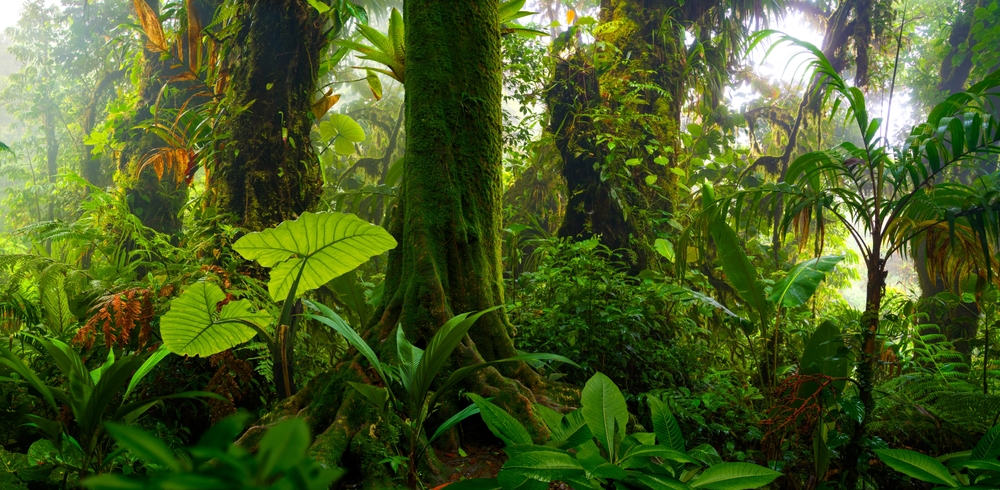Late last month, major rainforest nations gathered in Brazzaville, Republic of Congo, to address the rising problem of deforestation and safeguard the invaluable biodiversity found in tropical rainforests. These regions, which include the Congo, Amazon, and Asia-Pacific basins, are home to two-thirds of the world’s terrestrial biodiversity and 80 percent of the world’s tropical forests. Aside from their ecological importance, these rainforests provide a living for over a billion people.
“Tropical forests are rich in biodiversity and significant culturally and economically for people globally,” says Fran Price, WWF Global Forests Lead. But they continue to face threats from deforestation and forest degradation.” While the meeting did not result in forming an official alliance, it was an important step toward conservation coordination.
The critical role of rainforest conservation
Tropical forests, rich in plant and animal species and serve as important carbon sinks, are disappearing at an alarming rate, contributing to climate change. Last year, global deforestation rates grew by four percent, a startling departure from plans to halt forest loss and rehabilitate hundreds of millions of acres of damaged ecosystems by 2030.
The Three Basins Summit brought together policymakers, experts, non-governmental organizations, and finance authorities to discuss their goals and investigate financial options for conserving ecosystems in poor countries. The conversation could not have occurred at a more vital time, with the UN COP28 climate discussions on the horizon.
Building momentum for concrete action
Despite the lack of an explicit partnership, the summit’s commitments hold hope. Dr. Martin Kabaluapa, WWF Congo Basin director, emphasized the importance of these rainforests to Indigenous Peoples and local communities, underlining the critical role they play in protecting these ecosystems. He goes on to say, “The leadership of countries across the three basins will be key to ensuring we have a liveable planet for future generations.”
The Republic of the Congo signed a partnership agreement with the European Union to strengthen forest conservation activities, to restore, protect, or manage a larger amount of their forests by 2030. This effort aims to slow the rate of forest destruction while also offering job opportunities.
Yustina Lina Dina Wambrauw, a lecturer at Indonesia’s State University of Papua, underlined the importance of Indigenous Peoples in rainforest protection. She stated, “The protection of tropical rainforest ecosystems in the Three Basins will succeed if we include the Indigenous Peoples and local communities who live inside it as main actors. The forest is a sacred home for many Indigenous Peoples and local communities who have been managing it sustainably to live there for generations after generations.”
The preservation of tropical ecosystems gathers traction as rainforest nations start on this collaborative adventure. While the obstacles are enormous, the determination to protect these key areas is a ray of hope in the fight against deforestation and the preservation of our planet’s most diverse and critical ecosystems.












